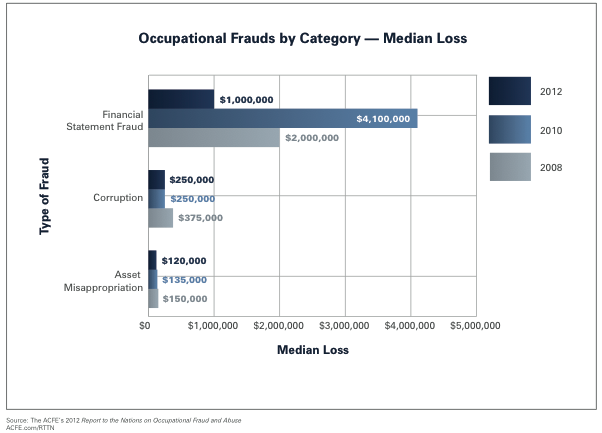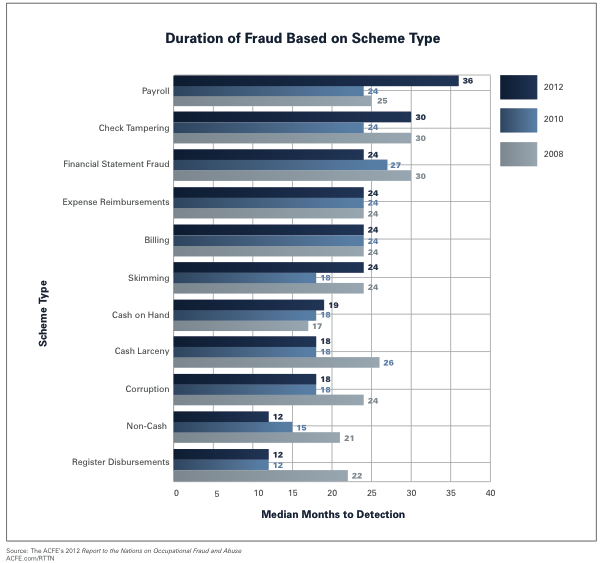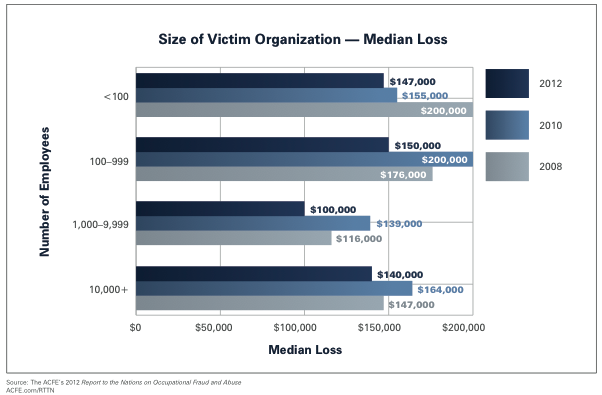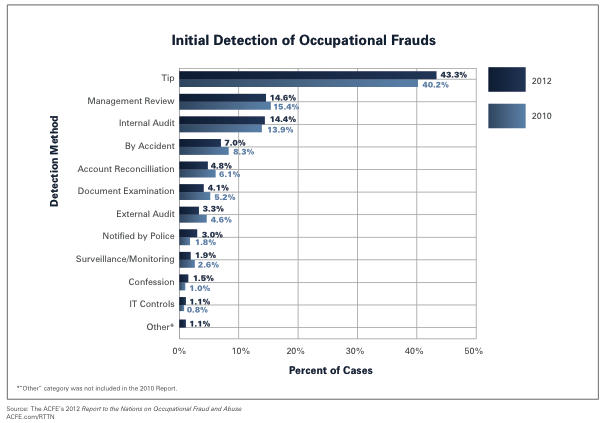Last week, a jury in Corpus Christi, Texas awarded $21 million in damages to a woman who was struck by a Coca-Cola driver who had been talking on her cell phone at the time of the accident. The plaintiff’s attorneys were able to successfully argue that Coca-Cola’s cell phone policy for its drivers was “vague and ambiguous.” They also suggested that Coca-Cola was aware of the dangers but “withheld this information from its employee driver,” which led directly to the circumstances that caused the accident.
“From the time I took the Coca Cola driver’s testimony and obtained the company’s inadequate cell phone driving policy, I knew we had a corporate giant with a huge safety problem on our hands,” said Thomas J.
Henry, one of the plaintiff’s attorneys.
Coca-Cola disagreed with the verdict and, in a statement, expressed its plans to appeal:
“This case was tried because the parties could not come to an agreement on damages. We have accepted responsibility for the accident. We understand that this verdict is a response to a plea from plaintiff’s counsel to the jury to ban all cell phone use while driving.
“Coca-Cola Refreshments’ cell phone policy, which requires the use of a hands-free device when operating a motor vehicle, is completely consistent with, and in fact, exceeds the requirements of Texas law. Coca-Cola Refreshments values the well-being of all citizens in the communities in which we operate. There is no discernible connection between the damages awarded in this case and the injuries sustained by the plaintiff. Although we respect the verdict of the jury, we plan to appeal.”
Nevertheless, the case does emphasize the need for all companies to have a clear cell phone use policy for their drivers. In a recent blog post, Matt Howard, CEO of ZoomSafer, a mobile phone safety software provider, outlined three important lessons the case can teach fleet managers. First, when accidents happen, plaintiffs will sue (and obviously judgments could get costly). In addition, policies cannot exist only on paper and they must be enforced.
Hoffman concludes:
This case emphasizes just how serious the risk is – and that all employers can be vicariously implicated if they fail to manage and monitor how employees are using mobile devices while driving. Employers who want to minimize liability as much as possible must institute risk management programs to actively or passively enforce cell phone use policies.
The risks of distracted driving have been well documented and with more and more states enacting some sort of ban on cell phone use while driving, either for talking, texting or both, cell phone policies are quickly becoming a necessity. And as this case shows, it’s not just about legal compliance or driver safety–it can also have a substantial financial impact on your company.







